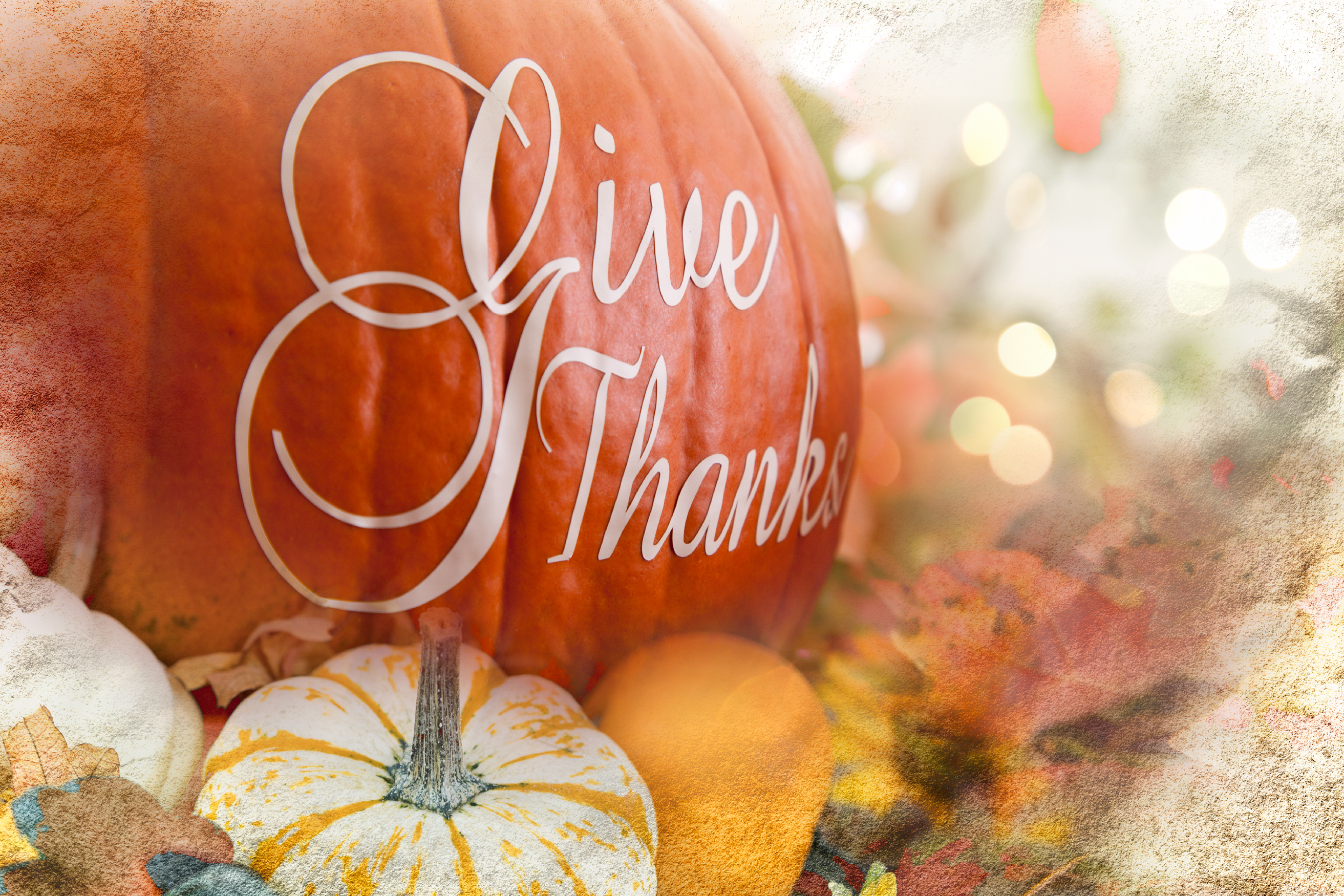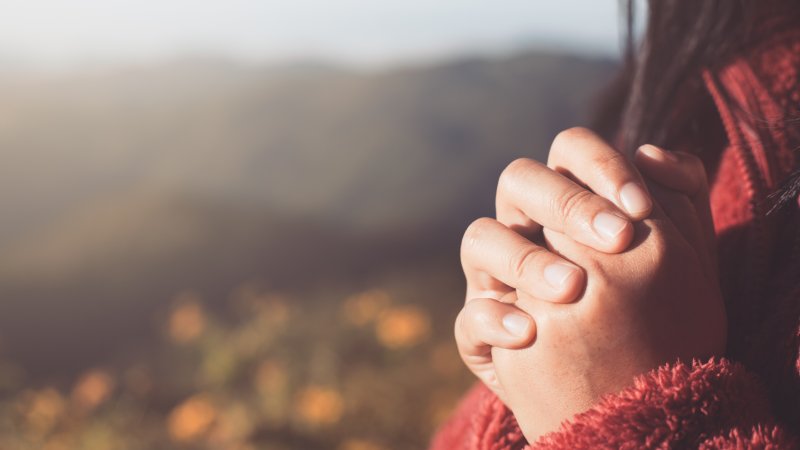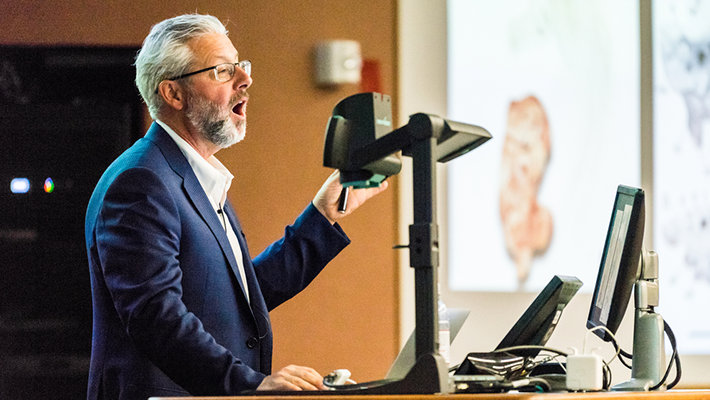
-
HOME
-
WHAT IS STANDOur Mission Our Values Our Help Contact
-
WHAT WE FIGHT FORReligious Freedom Religious Literacy Equality & Human Rights Inclusion & Respect Free Speech Responsible Journalism Corporate Accountability
-
RESOURCESExpert Studies Landmark Decisions White Papers FAQs David Miscavige Religious Freedom Resource Center Freedom of Religion & Human Rights Topic Index Priest-Penitent Privilege Islamophobia
-
HATE MONITORBiased Media Propagandists Hatemongers False Experts Hate Monitor Blog
-
NEWSROOMNews Media Watch Videos Blog
-
TAKE ACTIONCombat Hate & Discrimination Champion Freedom of Religion Demand Accountability
Why Thanksgiving Is the Tie That Binds Us All
The letter was marked “Private,” and began, “Permit me ... to request a few minutes of your precious time, while laying before you a subject of deep interest to myself ...” and closed with “Excuse the liberty I have taken. With profound respect, Yrs truly, Sarah Josepha Hale, Editress of the ‘Ladys Book.’”

Sara Josepha Hale, author of the famous children’s poem, “Mary Had a Little Lamb,” and the influential “Editress” of the most popular women’s periodical in America, wrote President Abraham Lincoln in late September of 1863, imploring him to proclaim a national day of Thanksgiving.
Thanksgiving, then, is our universal acknowledgment for whatever good fortune we have experienced today, last month, last year or our whole lifetime.
Hale had been campaigning for the holiday for 36 years. Scores of letters to presidents, governors, lawmakers and other politicians had gone largely unheeded. Editorials in her magazine advocated for “The Thanksgiving,” an event not without precedent in America, originating 60 years earlier than the Pilgrims.
In 1565, 800 Spanish colonists shared a feast with the native Timucuan people to give thanks and to christen the new settlement, St. Augustine, in what is now Florida. Presidents Washington, Adams and Madison each had proclaimed days of thanks to commemorate notable achievements of the young nation. And for millennia the harvest has been marked with feasts of giving thanks to a supreme being for the bounties of the season.
It could be argued, indeed, that a day of thanksgiving is the one holy day common to all religions. The Jewish harvest festival Sukkot dates back thousands of years as does the Hindu holiday Pongal, celebrated in January as an occasion to thank heaven and its servants—the sun, the earth, and cattle—for an overflow of crops and plenty. Ancient civilizations including the Egyptians, Greeks and Romans all showed their gratitude to their gods for granting them a full and fertile year. And Native Americans celebrated the harvest with feasts and games, long before the Europeans arrived.
When you ask for something special, something you really need, and that something is granted, given or bestowed, it’s only natural to feel grateful and express that gratitude in some fashion.
A major factor that distinguishes humans from other species is our habit—or, more accurately, our need—to ask for things from a Higher Power: life, health, love and sustenance for ourselves and our families. The asking is generally recognized as prayer, and the giving of the thing prayed for means those prayers have been answered. Again, it’s only natural that we express gratitude—no matter through what religion or by what name that Higher Power goes—be it to Jehovah, Allah, Brahma or Anyone Else.
Thanksgiving, then, is our universal acknowledgment for whatever good fortune we have experienced today, last month, last year or our whole lifetime. It is a holiday we can all agree on and thus its reputation for bringing families and communities together.
Sarah Josepha Hale hoped it would bring a nation together which had been torn apart by the Civil War. In her letter to the president, she referred to a national Day of Thanksgiving as “the great Union Festival of America.”
Lincoln agreed. Five days later, he issued a proclamation designating the first national day of Thanksgiving.
The president wrote, “The year that is drawing toward its close has been filled with the blessings of fruitful fields and healthful skies,” and spoke of other fortunate progress in industry and production despite the terrible toll of the Civil War. He then reminded his countrymen, “No human counsel hath devised, nor hath any mortal hand worked out these great things. They are the gracious gifts of the Most High God, who while dealing with us in anger for our sins, hath nevertheless remembered mercy.”
He invited all Americans “as with one heart and one voice … to set apart and observe the last Thursday of November next as a Day of Thanksgiving and Praise to our beneficent Father who dwelleth in the heavens.”
Thanksgiving did not bring a speedy end to the war, as Hale and Lincoln had hoped. But it reminded the warring parties that there is something we all share—the power of gratitude and faith. It’s what unites us with cultures long dead and with people alive today who, though they worship in different tongues and bow to different heavens, yet live and love, struggle and triumph under the same sun, moon and stars as we do.
This Thanksgiving let us be reminded—in the midst of the noise and conflict on which we are always invited to focus—that we have far more that brings us together on this shared dust mote in the cosmos than tears us apart.









